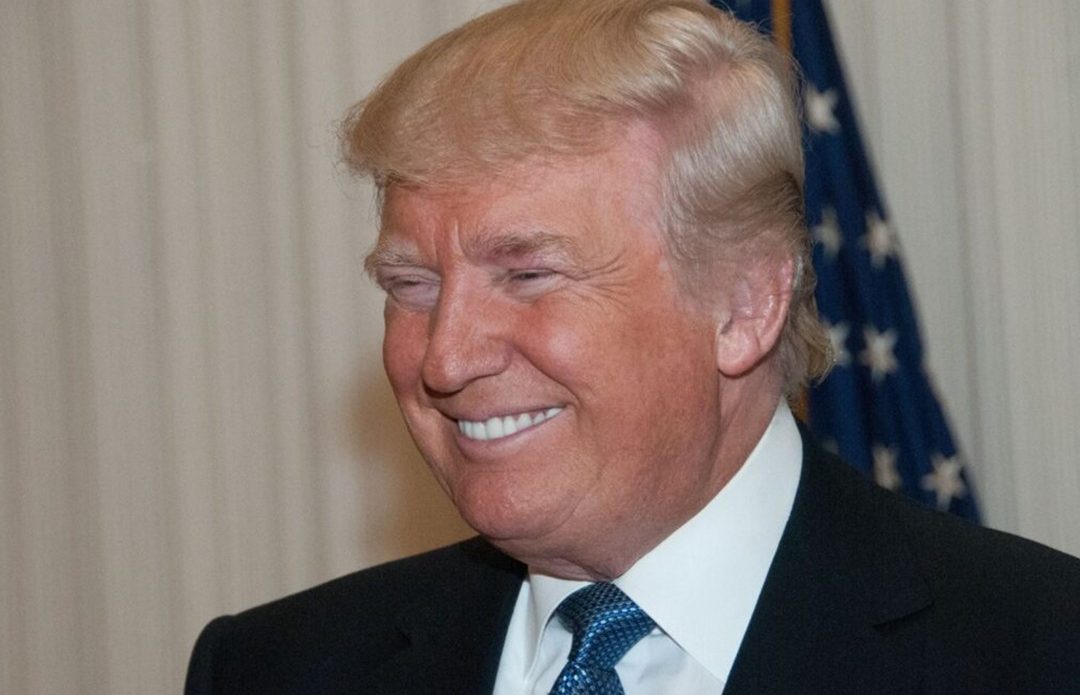NOTE: VIDEO AT THE END OF ARTICLE
In response to a classified intelligence leak regarding U.S. strikes on Iran, the Trump administration has ordered an immediate tightening of access to sensitive materials for congressional lawmakers—sparking a fierce backlash on Capitol Hill.
According to multiple reports, an internal Defense Intelligence Agency assessment suggested the airstrikes, while impactful, only delayed Iran’s nuclear program by months—not years, as previously claimed. The leak triggered a swift response: the White House initiated an FBI investigation and significantly limited congressional access to certain high-level assessments.
White House Press Secretary Karoline Leavitt defended the move, stating, “This was a top-secret intelligence analysis that very few people had access to. We are declaring war on leaks.” She emphasized the shift was meant to protect national security and prevent future breaches.
Lawmakers—particularly Democrats—are pushing back. Many view the clampdown as an overstep by the executive branch, with some accusing the administration of weaponizing secrecy to shield itself from accountability.
Senator Tim Kaine of Virginia, joined by Senators Adam Schiff and Andy Kim, introduced a War Powers resolution demanding congressional approval for offensive military actions. “The Constitution requires checks and balances, especially when it comes to matters of war,” Kaine said.
Critics are also seizing on the White House’s decision to cancel a classified briefing initially scheduled for lawmakers. The session, meant to discuss the Iran strikes in detail, was delayed to accommodate Secretary of Defense Pete Hegseth and Secretary of State Marco Rubio, who are attending a NATO summit in Europe.
Representative Adam Schiff was among those skeptical of the official explanation. “The delay is unacceptable,” he said. “Congress has a right to know what happened, especially before these decisions are made—not after.”
Within Republican circles, there’s a quiet split. While some support the administration’s effort to safeguard sensitive data, others are privately expressing concern that the current posture could erode congressional oversight.
The FBI is now leading an internal investigation to identify the source of the leak, which officials say originated from a highly restricted report. For now, lawmakers may have to navigate national security matters with far less access than they’re used to—and

Sarah Mitchell is a bestselling novelist recognized for her insightful and emotionally resonant stories that explore the complexities of human relationships. Originally from Denver, Colorado, Sarah grew up in a family of teachers who nurtured her curiosity and love for storytelling. She studied psychology at Stanford University, where she became fascinated by the intricacies of human behavior—an interest that would later shape her writing career. Sarah’s novels are praised for their nuanced characters, intricate plots, and ability to capture the subtle tensions that define love, friendship, and family ties. Her breakthrough novel, The Spaces Between Us, became an instant bestseller, lauded for its honest portrayal of strained family relationships and the fragile bonds that hold people together. Since then, she has published several works that continue to captivate audiences around the world. Outside of her writing career, Sarah is passionate about mental health advocacy and often partners with organizations to promote awareness and support for those struggling with emotional well-being. Her personal life is quieter—she enjoys hiking in the Colorado mountains, practicing yoga, and spending time with close friends. With each new book, Sarah Mitchell cements her reputation as a writer who illuminates the beauty and struggles of human connection.









